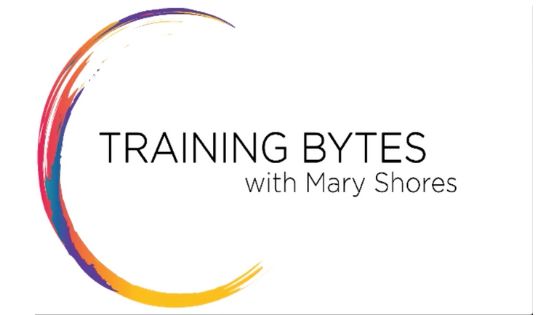Inside a collection agency, training is often looked at as a necessary evil, an expense, and sometimes a big one at that. But there is another, more positive way to look at training. Training better collectors usually leads to recovering more money, and, sometimes more importantly, facing fewer lawsuits. Calculating the return on investment that training can offer a collection agency will open the eyes of decision-makers to its importance and necessity. That is ultimately what convinced Greg Nowicki, president of Capital Accounts in Nashville, to make an investment in training his agents.
One of the brightest examples of the return that training can have, Nowicki said, is helping new collectors become profitable contributors more quickly.
“In 30 years of collecting, I would say that this is the fastest we’ve gotten new employees to a break-even point when it comes to collections,” Nowicki said during the latest episode of “Training Byes with Mary Shores.” “Within 30 days, we saw people getting to the crossover or break-even point.”
Convincing experienced collectors who might be set in their ways to adopt new methods will likely take a little longer, Nowicki said during the episode.
An effective training program not only helps collectors recover more money and reduces the complaints from consumers, but it also creates consistency across the collection floor. No matter which collector a consumer speaks with, the message is going to be the same.
“One of our frustrations was if a consumer called our office seven times, they would have seven different unique experiences — some good, some not so good,” Nowicki said. “We weren’t happy with that either. We felt that the consistency factor — having everybody on the same page — would drastically reduce a lot of the complaints. We know up front handle these items much better.”
Another key to help maximize the ROI on training is to make it mandatory and not just something that is asked of collectors, Shores said.
“I think that that is a vital difference between companies that look at the tools that they give their collectors, and if you’re making that optional — saying ‘You can use this when you need to,’ you won’t get the same result as if you say, across the board, ‘This is how we’re going to do thing,’ ” Shores said.









